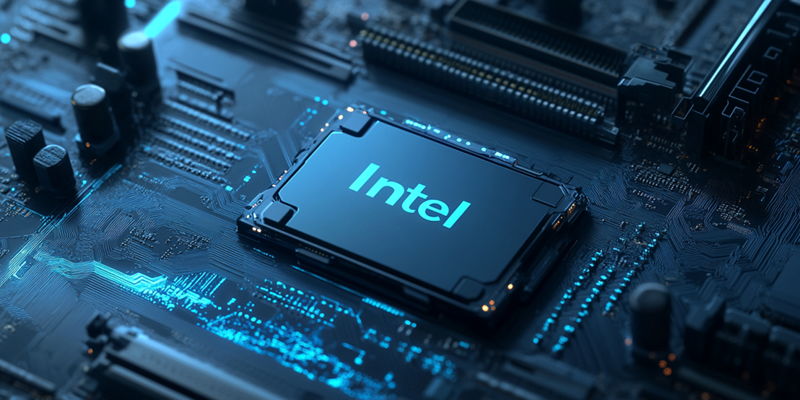In a significant move highlighting its pivotal role in the U.S. technological landscape, Intel has secured a $3 billion grant under the CHIPS and Science Act, an initiative heralded by the Biden-Harris Administration. This funding aims specifically at bolstering Intel’s Secure Enclave program, which is designed to produce advanced semiconductors for the United States government. The grant underscores Intel’s ongoing collaboration with the Department of Defense (DoD) and represents a crucial step in fortifying the domestic semiconductor supply chain. As the sole U.S.-based company that both designs and manufactures leading-edge logic chips, Intel’s position is uniquely critical for national security and technological innovation. This collaboration promises to enhance the resilience of America’s technological infrastructure by promoting secure and advanced semiconductor solutions, ensuring the nation remains at the forefront of technological advancement.
Securing the Supply Chain
Intel’s receipt of this $3 billion grant is not an isolated event but rather part of a broader strategy to secure the domestic semiconductor supply chain. This funding is separate from an earlier proposed agreement with the Biden-Harris Administration under the same CHIPS Act. The previous agreement aimed to modernize and expand semiconductor fabrication facilities. This new grant highlights the administration’s unwavering support for Intel’s growth and its vital contributions to national security. It is a testament to Intel’s strategic role in ensuring the stability and security of America’s technological infrastructure. Furthermore, the grant is indicative of the broader governmental and industrial push toward self-reliance in critical technologies amidst global supply chain disruptions.
Intel’s advances in design and process technology are noteworthy, particularly with its most advanced technology, Intel 18A, set for production in 2025. This advancement showcases Intel’s commitment to pushing the boundaries of semiconductor technology. The company is actively involved in an array of critical semiconductor manufacturing and research projects across multiple states, including Arizona, New Mexico, Ohio, and Oregon. These initiatives are not only pivotal for Intel’s growth but also crucial for maintaining the U.S.’s competitive edge in the global semiconductor market. The investment and strategic focus on enhancing Intel’s manufacturing capabilities reflect a concerted effort to ensure the robustness and security of the nation’s technological backbone.
Collaboration with the Department of Defense
Intel’s long-standing collaboration with the Department of Defense is a cornerstone of its contributions to national security. In 2020, Intel was awarded the second phase of the State-of-the-Art Heterogeneous Integration Prototype (SHIP) program, leveraging its advanced semiconductor packaging capabilities. This collaboration continued in 2021 when Intel secured an agreement under the Rapid Assured Microelectronics Prototypes – Commercial (RAMP-C) program. The RAMP-C initiative aimed to provide commercial foundry services for DoD systems, onboarding multiple defense industrial base customers, including Boeing, Northrop Grumman, and Microsoft. These collaborations have not only validated the readiness of Intel’s 18A process technology for high-volume manufacturing but have also strengthened the United States’ defense capabilities.
The recognition of Intel’s technological capabilities by the DoD and other major tech firms underscores the company’s strategic importance. These collaborations reflect the trust and reliance placed on Intel to develop and provide secure and advanced semiconductor solutions. The $3 billion grant is a continuation of this trust, aiming to further Intel’s Secure Enclave program. This program is intended to meet the unique and stringent requirements of government and defense applications. By fostering such high-profile collaborations, Intel is reinforcing its position as a linchpin in the U.S.’s efforts to maintain technological superiority and resilience in the face of evolving global threats.

